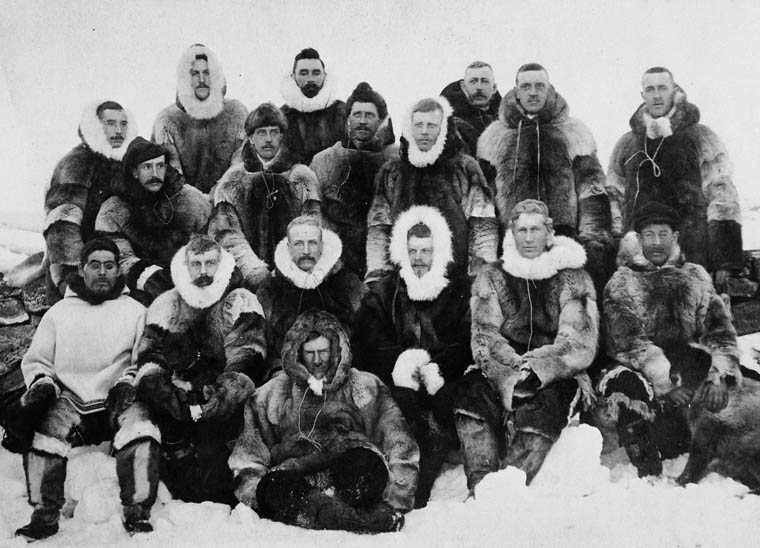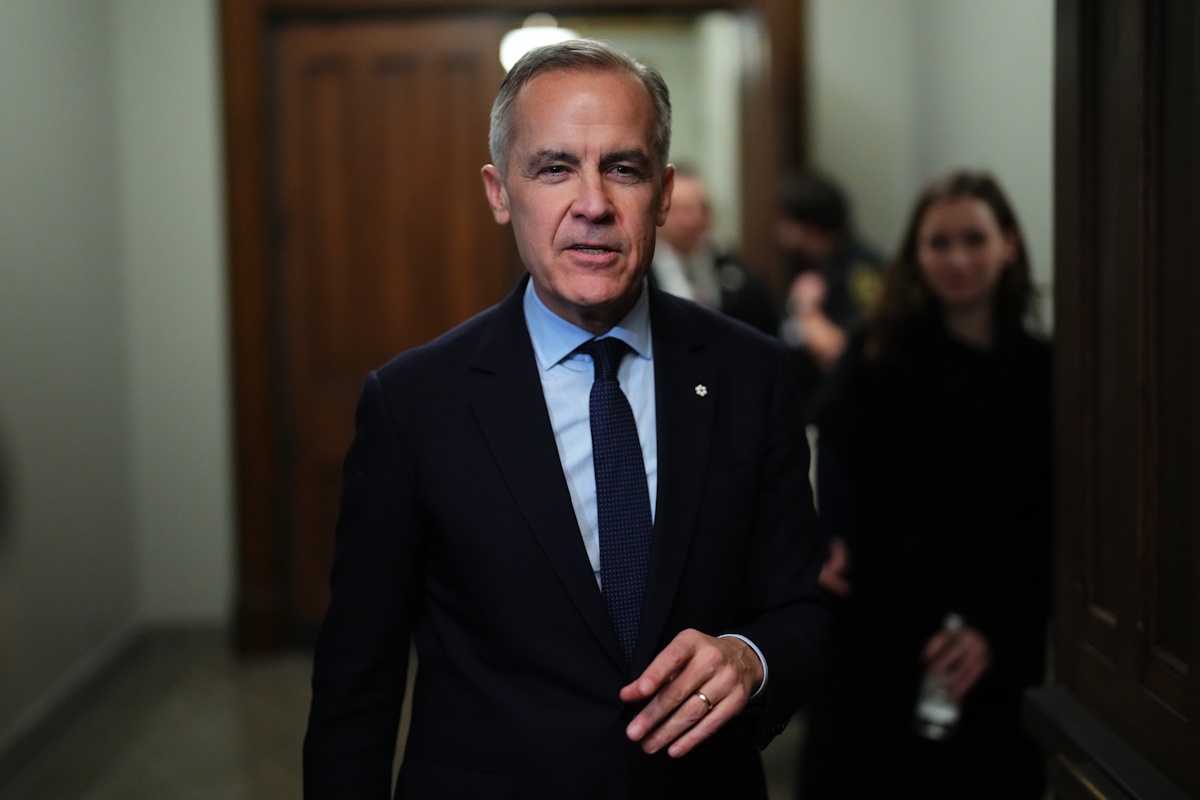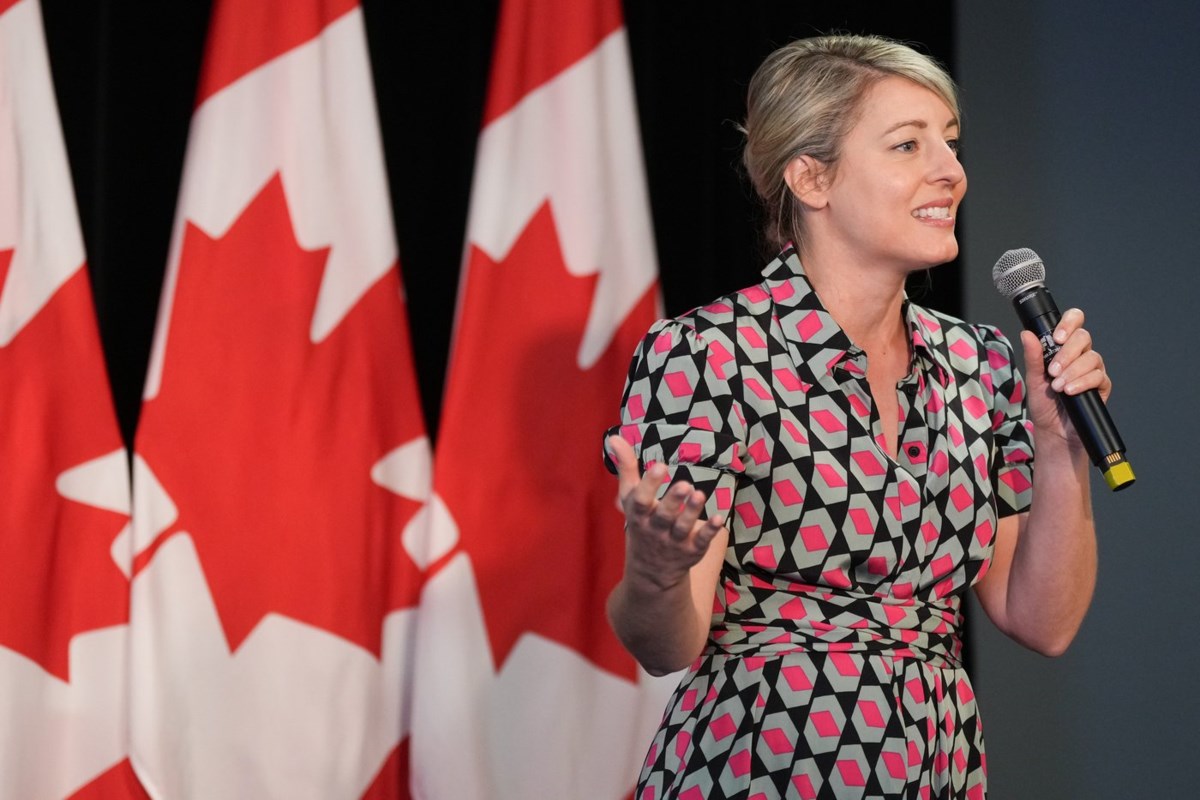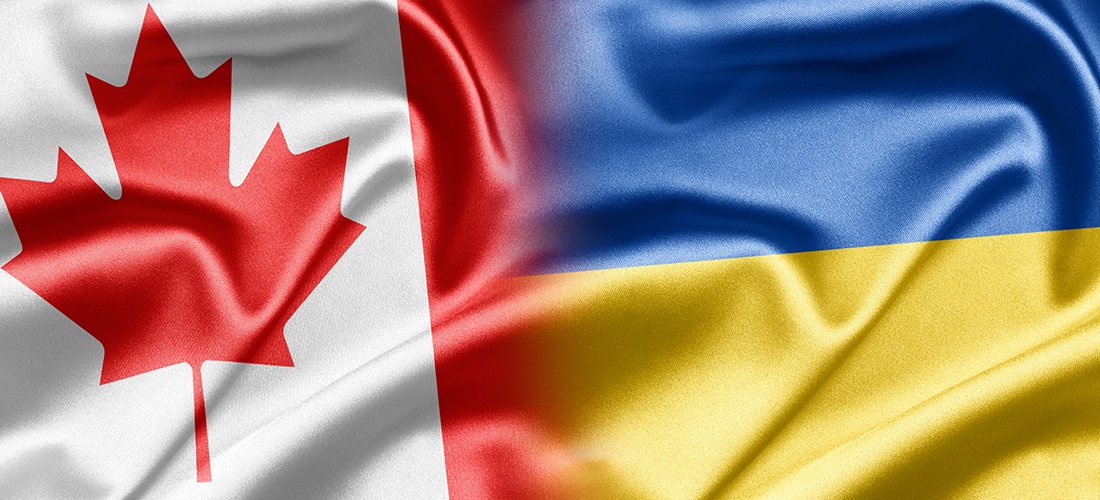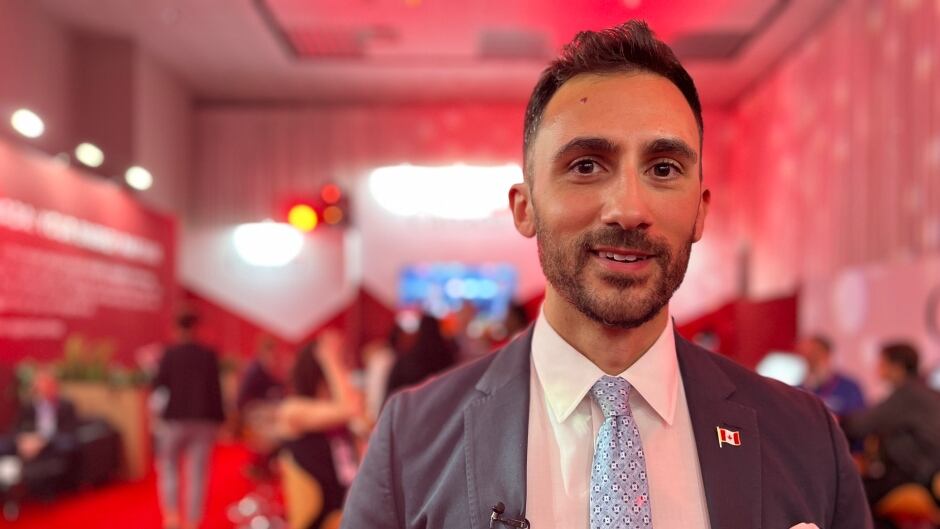The Canadian federal government has issued a long-overdue apology to Inuit families impacted by the forced relocations to Dundas Harbour in Nunavut almost a century ago.
Gary Anandasangaree, the federal minister of Crown-Indigenous Relations and Northern Affairs, made the formal apology during a ceremony in Arctic Bay, Nunavut, on Thursday afternoon.
“We acknowledge the profound harm caused to your families, communities, and way of life — the removal from your homes and loved ones, the hardships endured, and the displacements that fractured your kinship,” Anandasangaree stated in front of the community gathered at the local center. “We offer our sincerest apology. We are deeply sorry. Mamianaq.”
Among those present were descendants of the relocated individuals, many of whom have spent years advocating for an apology and recognition of the damage these forced relocations caused to their families and communities.
The Dundas Harbour relocations were among the earliest instances of government-ordered relocations of Inuit people.
In 1934, according to the Qikiqtani Truth Commission, 52 Inuit and 109 dogs were taken by ship from several Baffin Island communities—Kinngait, Pangnirtung, and Pond Inlet—to Dundas Harbour, a former RCMP post on Devon Island. A Hudson Bay Company clerk also traveled to manage a trading post at the site.
A report from the Qikiqtani Truth Commission in 2013 indicates that the government’s motivations for the relocation were “complex.”
“Reopening Dundas Harbour served as a sovereignty demonstration at minimal cost to Canada and relocated Inuit from more southerly areas that had been overhunted to an uninhabited location,” the report explains.
However, the relocation proved catastrophic for those involved. The Inuit faced severe weather conditions and scarcity of resources in an unfamiliar environment. After two years, the Dundas Harbour trading post was abandoned, and some Inuit were taken back to Pangnirtung.
Many others were relocated again multiple times to various locations such as Arctic Bay, Fort Ross, and Spence Bay, despite assurances they would be returned to their home communities.
Anandasangaree recognized that while these relocations were originally portrayed as “voluntary,” they were, in reality, anything but. He acknowledged that the federal government exploited its power over the Inuit living in the Arctic and moved them to fulfill its geopolitical objectives, without regard for the wishes of the relocatees.
“We now understand that the power imbalance between the colonial government and its officials meant that participation in the relocation was never truly voluntary, and Inuit were not provided with the necessary information to make informed decisions,” he said.
Lucy Qavavauq, a descendant and member of the Dundas Harbour Relocation Society, which campaigned for the official apology, expressed that the apology was “long overdue.”
While Qavavauq welcomed the apology, she also expressed a wish that it had come sooner. “It would have been great for the elders who lived through it to hear this apology in their time,” she said.
Nunavut Premier P.J. Akeeagok also issued a statement on Thursday, calling the apology “a significant step toward healing and reconciliation.”
“I encourage all Canadians to recognize the sacrifices made by the Inuit for the sake of Arctic sovereignty. Teaching our children about our country’s history is vital to achieving true healing and reconciliation,” the statement read.

